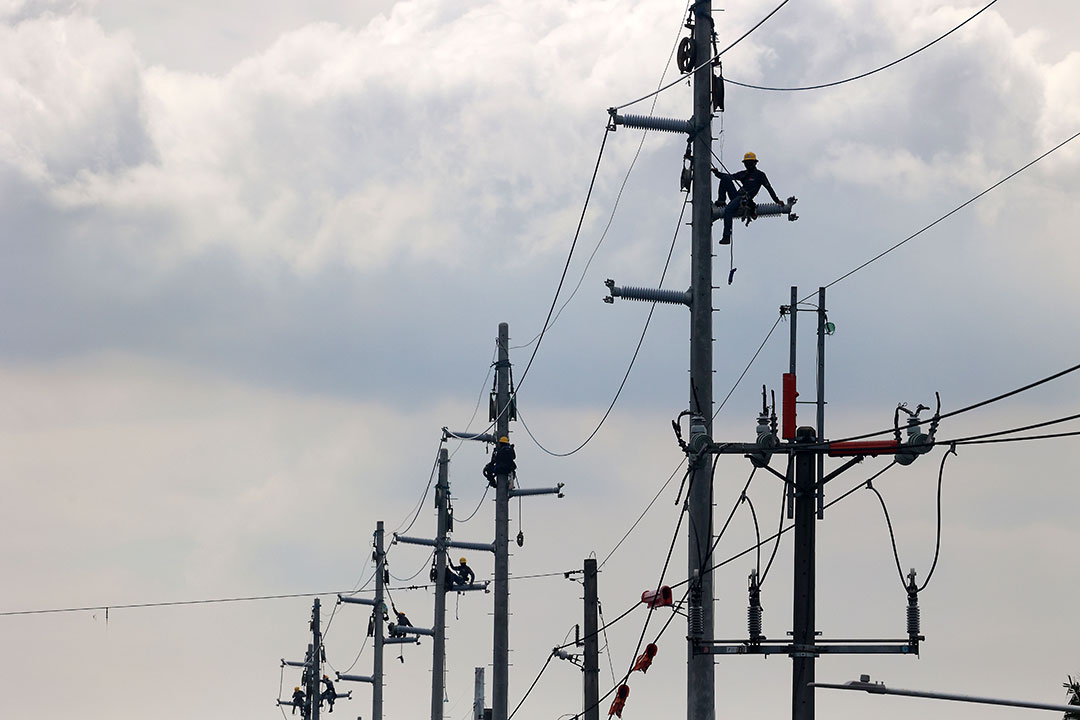
INCOMING LAWMAKERS should prioritize measures that would prioritize energy security, particularly amendments to the Electric Power Industry Reform Act (EPIRA) and reforms that would enhance the powers of key regulatory bodies, according to analysts.
“The next Congress should prioritize legislation that puts energy security at the forefront, while still addressing affordability and sustainability concerns,” Noel M. Baga, convenor of think tank Center for Energy Research and Policy, said in an interview with BusinessWorld.
The 19th Congress is set to resume session on June 2 until sine die adjournment on June 13. The 20th Congress is set to open in late July.
Mr. Baga is also pushing the passage of a law that will increase the regulatory powers of the Department of Energy and Energy Regulatory Commission (ERC).
This includes the power to conduct regular inspections of power generation facilities to ensure their proper operation and maintenance.
“This is fundamental to national energy security by preventing outages and reducing dependence on emergency imports,” he said.
Lawmakers are also being urged to amend the 23-year-old EPIRA to address high power costs.
“We call on our lawmakers to urgently pass EPIRA amendments to address high electricity costs, and to look into exempting power end-users from value-added tax to ease the financial burdens on Filipino households and businesses,” consumer group ILAW said in a statement on Wednesday.
A bill seeking to amend EPIRA was included in the list of priority bills of the 19th Congress, but it failed to hurdle both Houses.
In his State of the Nation Address last July, President Ferdinand R. Marcos, Jr. called on Congress to review the EPIRA and amend outdated policies to align with current industry needs.
Jose Enrique “Sonny” A. Africa, executive director of think tank IBON Foundation, said the direction of EPIRA in privatizing generation and transmission assets should move “towards developing state capacity in managing the power sector and eventual nationalization.”
Mr. Africa said lawmakers should also include reforms that would further empower regulators.
“Reforms also include ensuring that regulatory agencies like the ERC are empowered, independent and responsive to citizens and not just corporate stakeholders. Institutionalizing community participation in planning and monitoring will help restore trust and accountability,” he said.
The ERC is tasked with promoting competition, encouraging market development, ensuring customer choice and penalizing abuse of market power.
Analysts also said the next Congress should focus on legislation that would phase out fossil fuels.
“Congress can also legislate a clear, binding roadmap for phasing out fossil fuels especially coal, while ensuring that workers and communities in affected sectors are supported through just transition programs. This should include retraining, income guarantees and local livelihood opportunities,” Mr. Africa said.
He said legislators can “push harder” for renewable energy with incentives to encourage the shift from large-scale, “corporate-owned energy producers to small- and medium-scale renewable initiatives, including cooperatives and local governments.”
The Philippines is hoping to increase the share of renewable energy in the power generation mix to 35% by 2030 and 50% by 2040.
Gerry C. Arances, convener of consumer group Power for People Coalition (P4P), said the next Congress should look into the continued dependence on fossil fuels.
“All summer power crises have one root cause — power plants using fossil fuels that break down,” he said.
“As the industry is organized right now, it gives perverse incentives to power companies to keep using the fuel as their profits are not just guaranteed, but actually increase when they fail to deliver electricity,” he added. — Sheldeen Joy Talavera